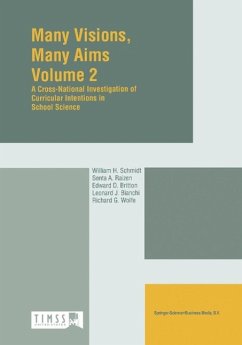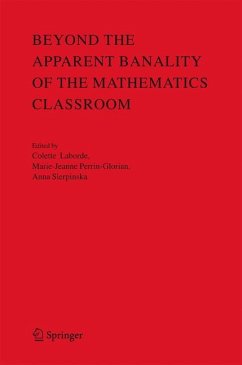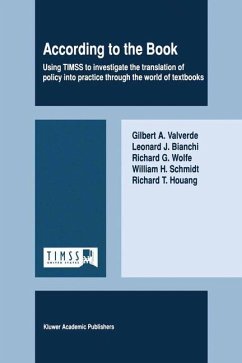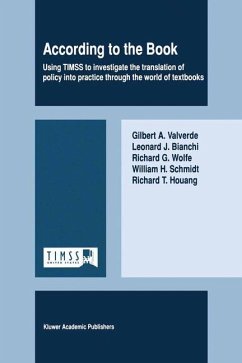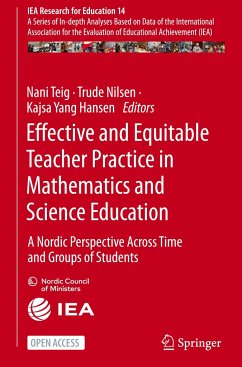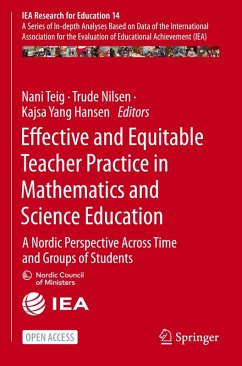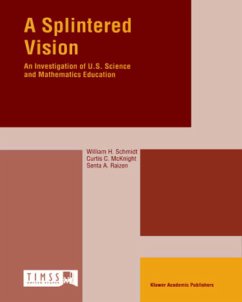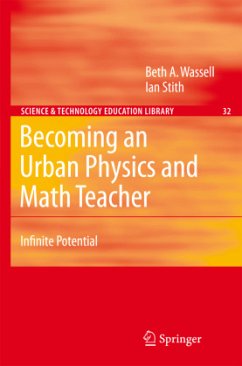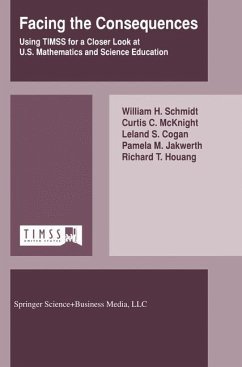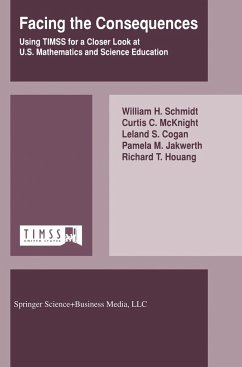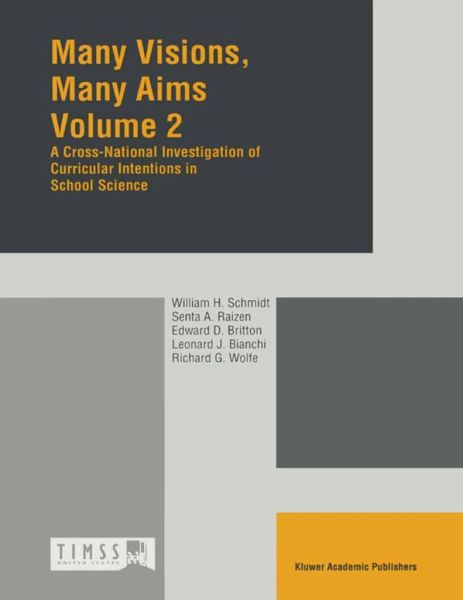
Many Visions, Many Aims
Volume 2: A Cross-National Investigation of Curricular Intensions in School Science
Herausgegeben: Schmidt, W. H.; Raizen, S.; Britton, E. D.; Bianchi, Leonard J.; Wolfe, Richard G.

PAYBACK Punkte
58 °P sammeln!
PREFACE The Third International Mathematics and Science Study (TIMSS), sponsored by the International Association for the Evaluation of Educational Achievement (IEA) and the g- ernments of the participating countries, is acomparative study of education in mathematics and the sciences conducted in approximately 50 educational systems on six continents. The goal of TIMSS is to measure student achievement in mathematics and science in participating countries and to assess some of the curricular and classroom factors that are related to student learning in these subjects. The study is intended to ...
PREFACE The Third International Mathematics and Science Study (TIMSS), sponsored by the International Association for the Evaluation of Educational Achievement (IEA) and the g- ernments of the participating countries, is acomparative study of education in mathematics and the sciences conducted in approximately 50 educational systems on six continents. The goal of TIMSS is to measure student achievement in mathematics and science in participating countries and to assess some of the curricular and classroom factors that are related to student learning in these subjects. The study is intended to provide educators and policy makers with an unpar- leled and multidimensional perspective on mathematics and science curricula; their implem- tation; the nature of student performance in mathematics and science; and the social, econ- ic, and educational context in which these occur. TIMSS focuses on student learning and achievement in mathematics and science at three different age levels, orpopulations. - Population 1 is defined as all students enrolled in the two adjacent grades that contain the largest proportion of 9-year-old students; - Population 2 is defined as all students enrolled in the two adjacent grades that contain the largest proportion of 13-year-old students; and - Population 3 is defined as all students in their final year of secondary education, incl- ing students in vocational education programs. In addition, Population 3 has two "specialist" subpopulations: students taking advanced courses in mathematics (mathematics specialists), and students taking advanced courses in physics (physics specialists).





